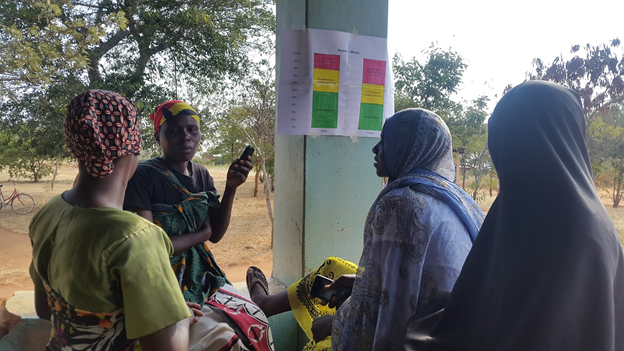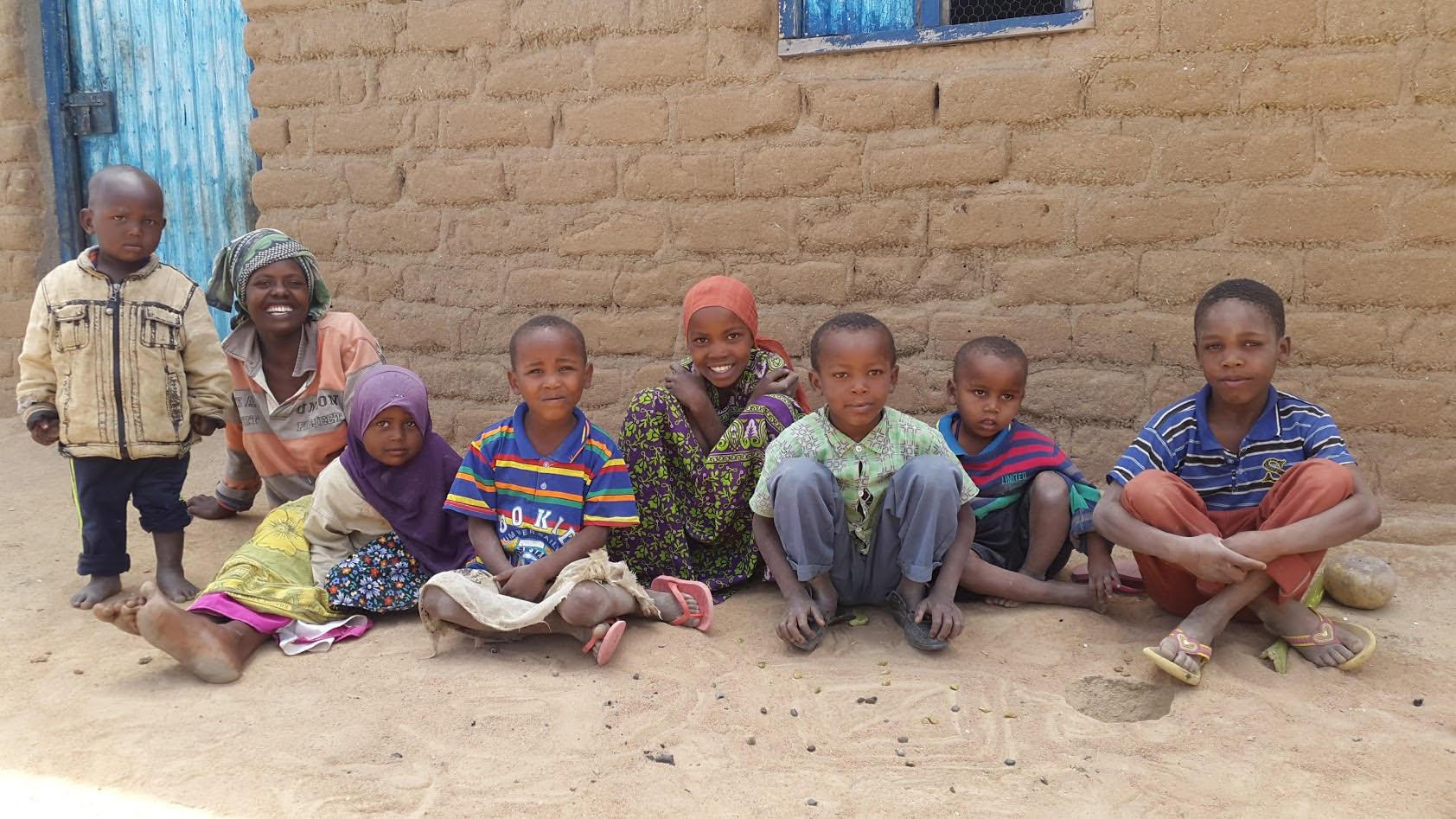A recent paper, Cross-country use of participatory research methods in practice to enhance inclusive decision-making published in the journal Disaster Prevention and Management, forms part of the journal’s Special Issue on Emerging voices and pathways to inclusive disaster studies.
The authors present the paper in a polyvocal fashion meaning, each of their voices as individuals is retained and presented reflecting their unique experiences, opinions and perspectives of using participatory methods within their disciplines and projects. This paper poses a question – what alternate forms of networks and connections should be forged to advance disaster risk management (DRM), and how can these networks facilitate learning?
In this blog I hope to capture the interesting journey of that paper.
In March 2020 when the pandemic hit, amongst all other things that were put on hold, my plans for traveling to Singapore to be part of a critical disaster workshop got affected as well. However, the organisers at Responsible Engineering Science and Technology for Disaster Risk Management, decided to host the workshop virtually, and we were able to experiment around the format and content, despite the challenges of coordinating time zones and interests.
A bunch of us would get together every Thursday from May to September 2020 to just chat about ‘participation’ and various aspects of it. We would also have some time at the end to maintain an online journal with some prompts which helped us all a lot to hold space for others’ thoughts on participation and cultural experiences. So, when the programme ended after 4 months, we were reflecting on how much we had learnt and evolved in our understanding, but also excited that we were able to hold such a space for each other. That was rare in our field.
We shared influential pieces on participation such as (Arnstein 1969, Haklay 2011 and Peluso 1995) that inspired our thoughts and practice and discussed various participatory methods in our individual projects in Nepal, India, Philippines, and the US. That’s when we came across Richa Nagar’s work with the Sangtin collective, co-created and documented in the work 'Playing with Fire: Feminist Thought and Activism through Seven Lives in India' published by Zubaan books. Sangtin, writes Richa Nagar, is a term of “solidarity, of reciprocity, of enduring friendship among women.”
This opened to us the power of polyvocality as a form of dialogue, subverting the dominant white and western narratives. Mostly in journal articles you will come across several authors but the form and content is usually written, drafted and presented as a unified singular narrative, often devoid of emotions, feelings and perspectives of the authors in the interest of being objective and scientific. The use of polyvocality enabled us to bring to the fore the power of many voices to shift and sustain a change in narratives, more importantly, reframing knowledge by presenting many ways of knowing and experiencing the world.
This paper is a culmination of our reflections and experiences through this process, in a polyvocal fashion. We posed and debated on critical questions around ethical aspects of undertaking disaster research - consent, participation, and power, and situating our practice within wider discourse of decolonization and historical research. Most of our sessions were unstructured and open-ended, which reduced the pressure on making it a productive meeting all the time. This was certainly a luxury and privilege that we could afford in pursuit of slow-scholarship, beyond the constant pressure of getting funding, needing more funding, applying for funding while juggling teaching, research, and service duties (see Mountz et al., 2015). This reflexivity and criticality will allow us to become aware of how our actions reproduce or reinforce the systemic inequities.
In summary, the paper describes co-authors’ reflections in their own voices on use of participatory approaches from different fields – health and disasters, urban planning, data analytics and disaster risk management.
Author’s details
Dr. Sneha Krishnan is an Associate Professor, at Jindal School of Environment and Sustainability at OP Jindal Global University. She is trained in psychology, environmental engineering, disaster management and humanitarian health. Her teaching and work have spanned various issues related to environmental and public health, women’s empowerment, humanitarian conflicts and climate change adaptation across South Asia, Africa and Pacific Islands.






